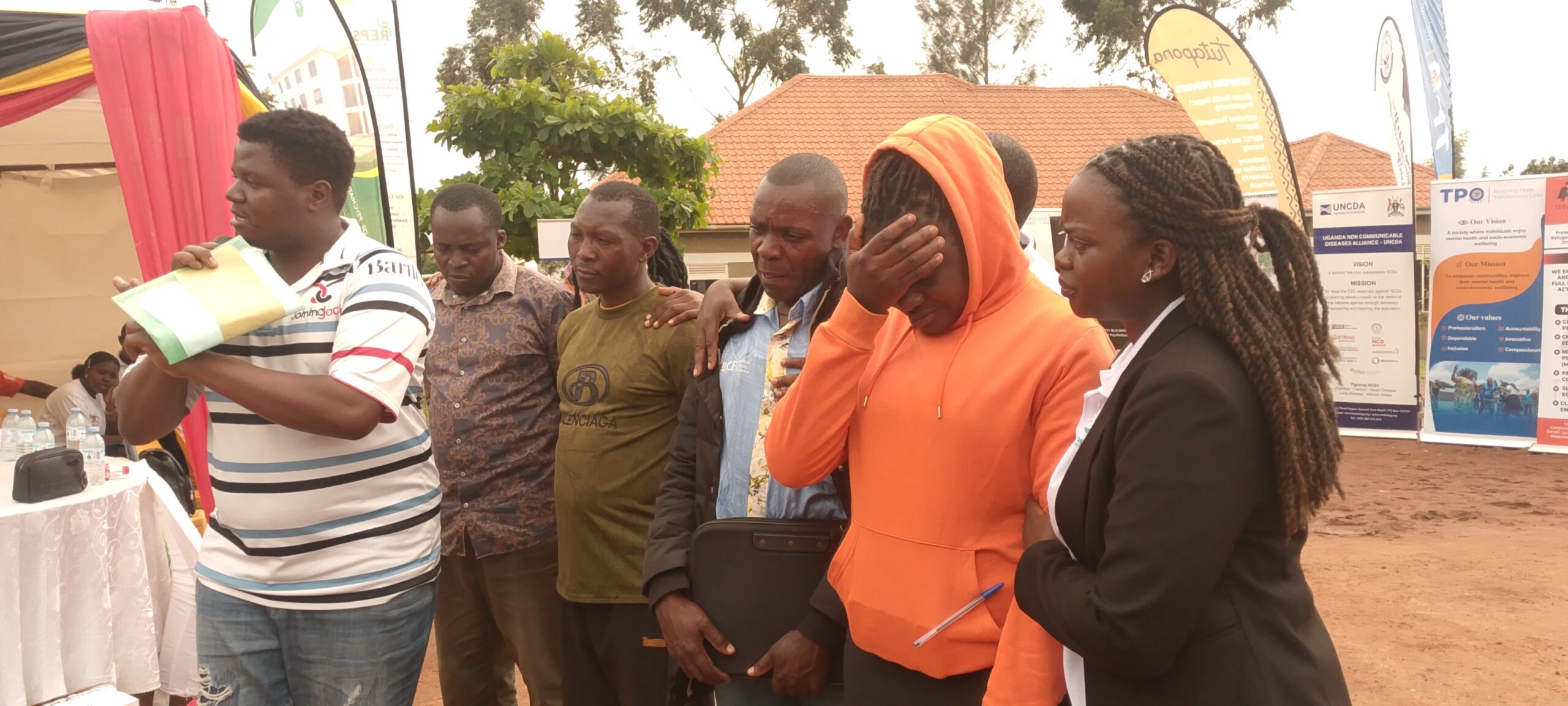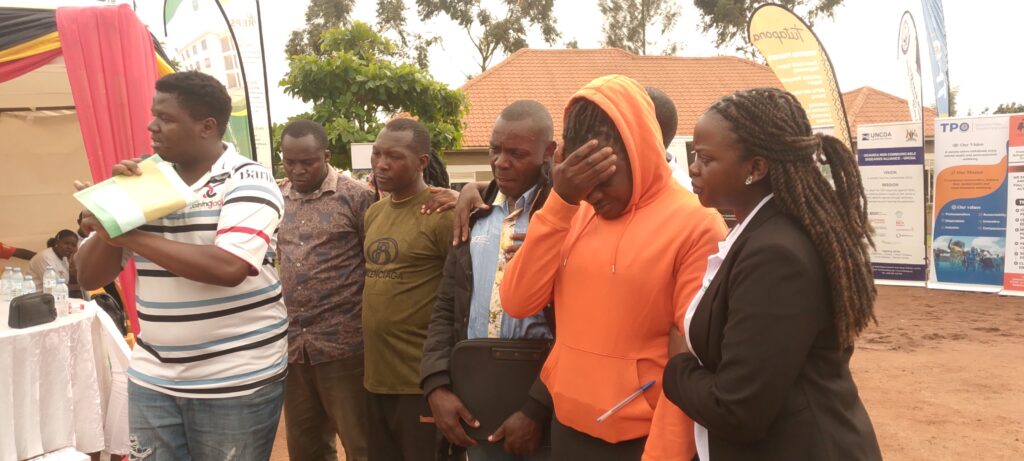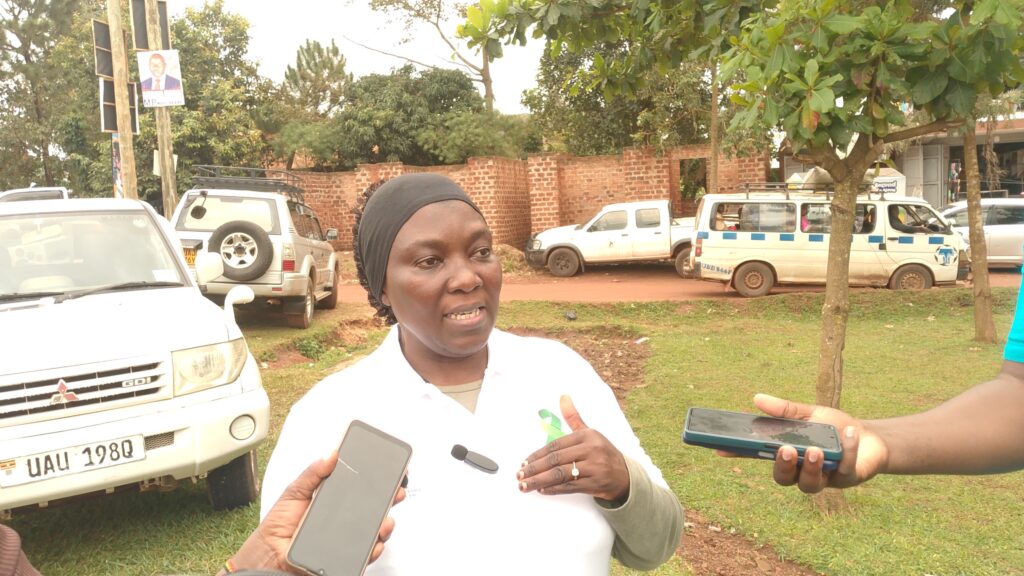
 Mama FM
Mama FM

 Mama FM
Mama FM
31 October 2025, 10:56 am
Byamukama Alozious
When the Kiteezi landfill collapsed in early August 2024, it buried more than homes and lives, it buried the peace of an entire community. Over 30 people died, and thousands were left homeless. Months later, the physical wounds have healed, but the mental scars remain deep.
For Ariho Joshua, the tragedy was personal. “My mother-in-law is mentally unstable,” he says, his voice trembling. “Her daughter had promised to return with a vehicle, so whenever she sees a car, she runs after it shouting, ‘my daughter is here.’” Ariho lost both his wife and child in the disaster.
Kabunga Charles faces a similar struggle. “I lost two of my children — one in Senior Six and the other in Senior Five. They used to ride their bicycles every morning to Kololo SSS in Kampala and return home in the evening,” he recalls. “Now, whenever I see students on bicycles, I feel like I’m seeing my children again. Sometimes I even call their names, thinking they didn’t die.”
Kabunga, points out that. “Sometimes I feel I should have died with them. I hate myself. I’m struggling with thoughts, I forget things easily, and at times I just find myself walking aimlessly until community members come to collect me. When they try to help, I often shout at them, telling them they are disturbing my peace.”
Mental health challenges in Uganda are widespread. According to national statistics, 19 out of every 100 Ugandans suffer from depression, while 12 out of every 100 experience anxiety. These conditions often go untreated, silently consuming individuals and families alike.
Godfrey Ssemambo Zaake, the Chairperson LC1 of Kiteezi, says the community still faces immense psychological distress. “The mental health impact here is huge. People need help, but services are very limited,” he notes.

Vincent Mujune, Country Director of StrongMinds Uganda, highlights that mental distress is not confined to Kiteezi alone. “Refugees, survivors of disasters, and victims of social change all carry trauma. Climate change is also intensifying these struggles,” he explains.
The Ministry of Health recognizes the crisis. Dr. Hasfa Luwata, Commissioner for Mental Health, says, “Mental health cuts across all ages. We need to speak out because speaking out leads to treatment.” She lists common warning signs such as sleeplessness, excessive thinking, and poverty-related stress.
During this year’s World Mental Health Day held at Kiteezi Church of Uganda, the Ministry emphasized creating safe spaces and training more mental health specialists. “We would love to establish many mental health corners,” Hajjat Lukwata said, “but our capacity and number of health workers remain limited.”
Experts note that women are more affected by depression, often linked to gender-based violence, family responsibilities, and work-related stress. However, men tend to suffer in silence, largely due to societal expectations that discourage emotional expression. ‘’when you speak out, you start healing proccess’’ Lukwata added

Ariho has since turned to faith and become a pastor, finding solace in helping others heal. Yet for many survivors, hope remains distant. One woman, who preferred anonymity, said she lost her home and rental rooms built to sustain her family. “I have nothing left,” she whispered. “Sometimes I feel I don’t want to live.”